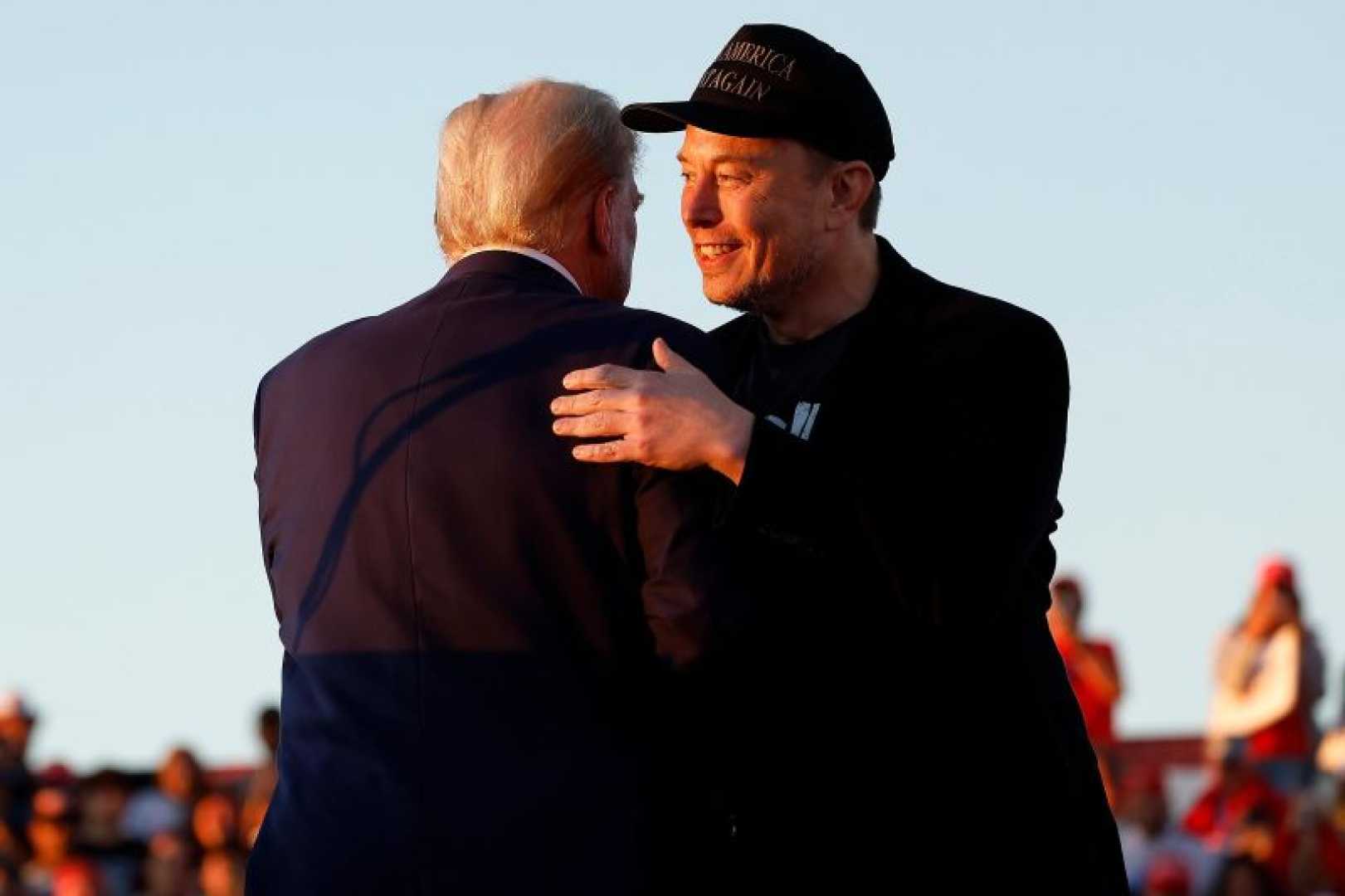Politics
Musk’s Political Influence Exposed in Ongoing Trump Feud

NEW YORK, NY — Billionaire Elon Musk has candidly shared his view on the role of money in U.S. elections, declaring on his X platform that without his financial backing, Donald Trump would have lost the 2024 election. In a surprising display of his influence, Musk stated, “Without me, Trump would have lost the election, Dems would control the House and the Senate would be 51-49.”
The ongoing feud between Musk and Trump highlights how transactional and contentious U.S. governance has become. Musk remarked on comments from right-wing commentator Laura Loomer about Republicans’ divided loyalties, hinting at his long-term influence in politics: “Oh and some food for thought as they ponder this question: Trump has 3.5 years left as President, but I will be around for 40+ years….”
Over the years, many billionaires have sought to sway political outcomes, often contributing to campaigns and initiatives that benefit their interests. However, Musk’s overt involvement stands out as he has notably invested nearly $300 million into Trump’s re-election efforts. Critics argue that this involvement demonstrates how deeply financial power has eroded democratic principles.
In a comment on political fundraising, Tiffany Muller, president of End Citizens United, stated, “We’re seeing the full culmination of living under a Citizens United world – where it’s not just elections that are for sale, but it’s that our entire government, and the apparatus of our government, is up for sale.”
Musk’s influence has been evident in recent elections, like a Wisconsin judicial races where he contributed significantly but the Democratic candidate triumphed. He has also donated to Republican efforts specifically targeting judges who opposed Trump’s administration. Despite a lack of consistent success, his financial presence is formidable in both major parties.
The relationship between Musk and Trump has evolved since Trump’s inauguration, initially marked by support. However, tensions have emerged as Musk became frustrated with Trump’s spending bill, which he felt did not meet his expectations. Musk’s political spending approach veers from typical billionaire behavior, with experts noting that he is less discreet than most.
Amid this escalating conflict, Musk has begun mobilizing his followers to influence Congress against Trump’s budget proposal, deeming it unacceptable. The discord has ignited discussions within right-wing circles, with some commentators noting Trump’s rare audacity in confronting his biggest financial supporter.
Publicly, Trump has depicted Musk as someone who miscalculated his timing in expressing dissent. “In November next year, we fire all politicians who betrayed the American people,” Musk suggested, further amplifying the stakes of their rivalry. Yet, Republican officials continue to express loyalty to Trump over Musk, with figures like JD Vance affirming Trump’s trustworthiness.
Looking ahead, Musk has hinted at potentially creating a new political party, a proposition filled with historical precedent but bolstered by his wealth and influence. Meanwhile, Democrats are reportedly considering how to engage Musk following his growing frustration with Trump, with Representative Ro Khanna suggesting that a dialogue is essential.
Although some Democratic leaders, like Senator Cory Booker, have rejected Musk’s donations, he expressed a willingness to collaborate on raising awareness about the implications of Trump’s proposed legislation. Booker denounced the administration’s budget bill as morally and economically flawed, inviting Musk to engage in meaningful political discourse.
In response to the mounting scrutiny, Sanders criticized Musk’s influence and framed the current political climate as an oligarchic struggle over power. Musk has expressed intentions to scale back his political spending in future cycles, asserting that he has “done enough.” However, his staunch opposition to Trump’s spending proposals indicates a convergence with certain Democratic positions, adding complexity to the unfolding political landscape.












